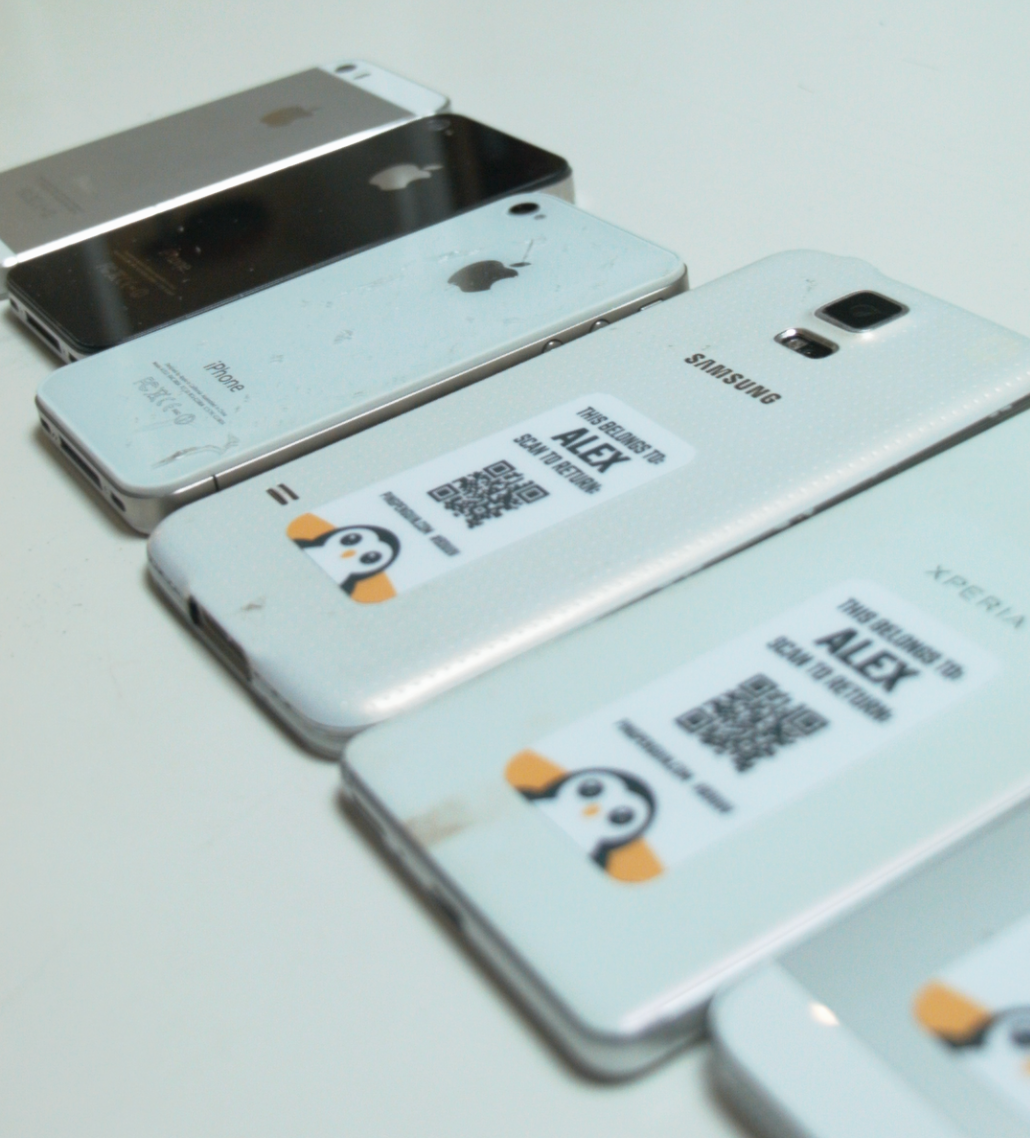Reaching into your pocket and grasping at thin air has got to be one of the most unpleasant, heart-sinking feelings. Although losing a phone can sound trivial, the reality often is not. In the modern era something like a phone can contain the best part of years worth of memories, our financial details, notes, reminders, messages and contacts we might never get back.
Yet when we lose our phones for good, it is unclear where they end up exactly. Whilst it might be tempting to assume that the likely culprit is the pockets of thieves, this isn’t always the case. We at PingPenguin in fact believe that often, honest people see phones but leave them in place because they don’t know how they could return them. Similarly, many phones get handed in to stations, cafes, bus drivers and pubs, but we never find out where and thus they never get returned. After all, it is difficult to return a locked phone even if they are tracked.
The Experiment
To test this hypothesis, we tagged mobile phones with our PingPenguin Tags and left them both on public transport and scattered around other public places to see how many would return. PingPenguin Tags are in essence a simple scannable QR code that you can attach to the back of almost any device or item, which links to a landing page containing contact information for a return such as an email address.
We chose a variety of locations including DLR, a bus and a pub. Of those dropped, 83% were returned to us. We think this demonstrates that most Londoners are actually very honest, but need help if they are to give you back your stuff. Almost every email came through within a couple of hours, which also shows that those first minutes and hours are vital if you are to get your possessions back.
We made a video documenting our experiment and how we managed to get the phones back which you can watch on all major platforms.
Want to take a look at our range? Visit our store

